It is Safe to Grill in Cold Weather
As grilling fanatics, we love the sizzle of thick steaks, the aroma of barbecued veggies, and the camaraderie around the grill. For us, the allure of grilling extends beyond warm, sun-soaked days; it’s a year-round passion.
Yet, as the summer fades and cold weather settles in, the question arises: how does cold weather affect grilling and when does it become impractical or even unsafe? Winter grilling is possible but it forces us to confront new challenges in pursuit of our culinary delights.
DOES COLD WEATHER AFFECT GRILLING?
Cold weather does impact grilling. From the process itself to how the grill and fuel behave, aspects of grilling in the winter will be more challenging than summertime grilling. Understanding how cold weather affects grilling will make it a bit easier, along with tips for grilling in winter. The winter elements could impact:
▲ Heating time: With cold weather, your grill will take longer to heat up.
▲ Fuel use: Cold temperatures also mean your grill has to work harder and use more fuel to maintain the temperature you want.
▲ Cooking time: Because your smoker or grill’s temperature may fluctuate with colder weather outside, it could take longer to cook your food. Adjust your cooking plans accordingly for cold weather grilling.
▲ Comfort and convenience: Grilling in the winter is rewarding, but it does come with unique environmental challenges compared to grilling in the summer. You have to deal with cold temperatures and snow. You’ll need to maintain a clear path between your home and your grill, as well.
HOW COLD IS TOO COLD FOR PROPANE?
At -44 degrees Fahrenheit, propane stays at a liquid state and cannot be converted into gas to power your grill.
In other words, you shouldn't grill when the temperature reaches -44 degrees Fahrenheit. You probably won’t be doing any grilling — or going outside at all
TIPS FOR GRILLING IN COLD WEATHER
▲ Deck yourself out in all your best cold-weather clothing.
▲ Never grill inside your garage or under an overhang, no matter the weather—snow, rain, sleet or wind. Grilling safely is always the best policy,
▲ Clear a path to your grill and remove all snow and ice before ignition
Be prepared with extra fuel. Grilling time may need to be extended, or the grill may need a little extra fuel to reach the right temperature
▲ Remember to grill with the lid closed.
▲ Keep your grill covered when not in use- especially in the winter- to protect it from the elements.


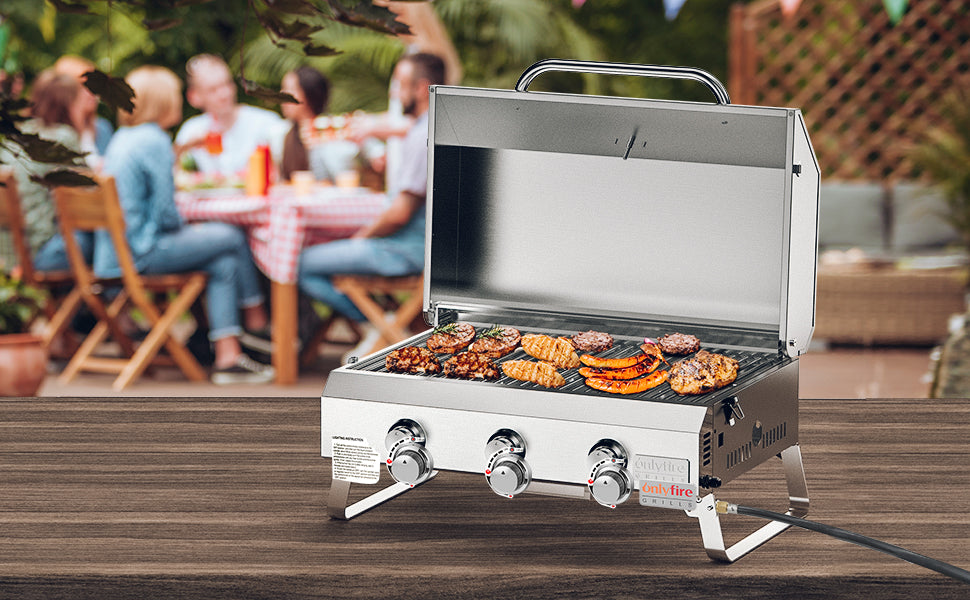
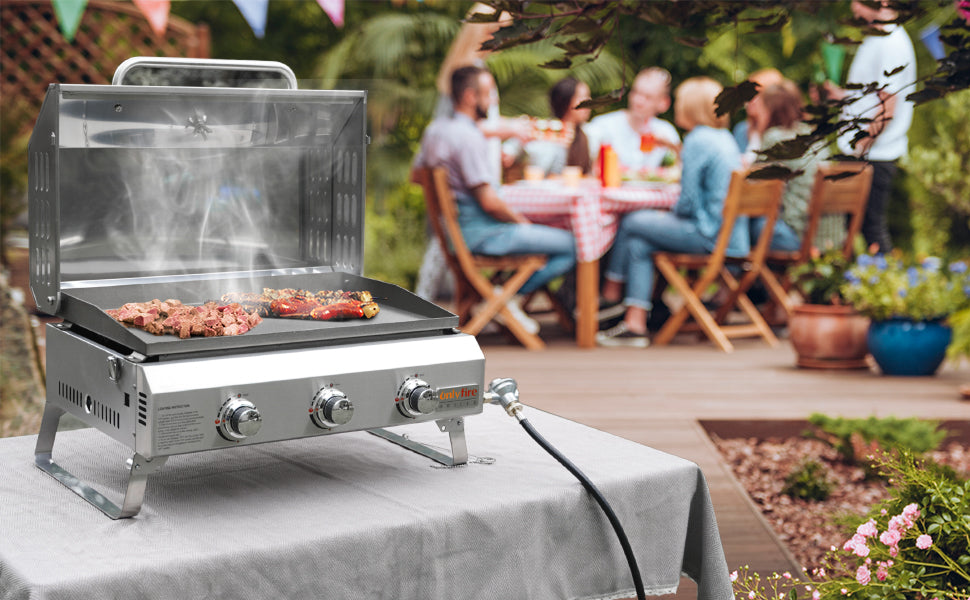
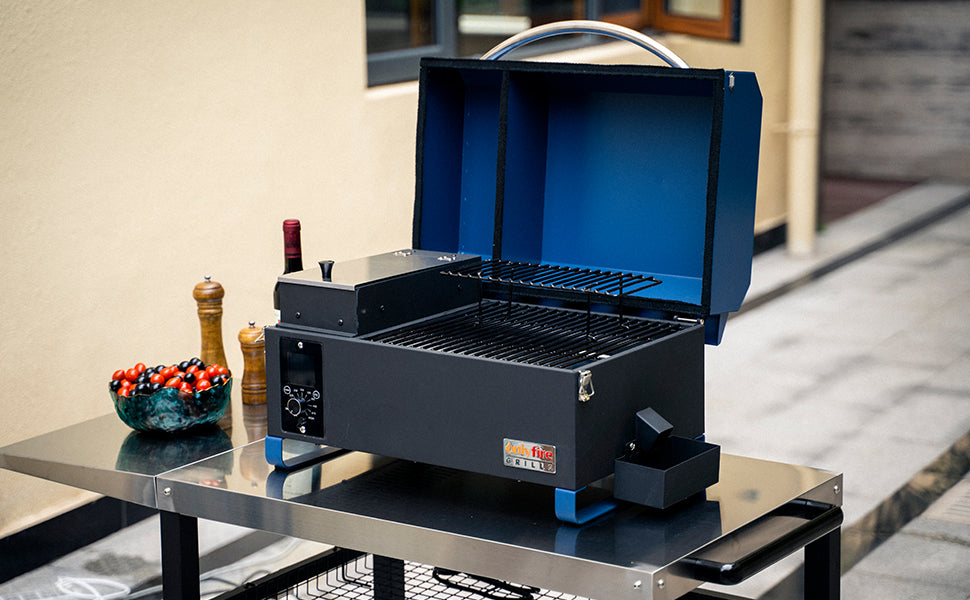
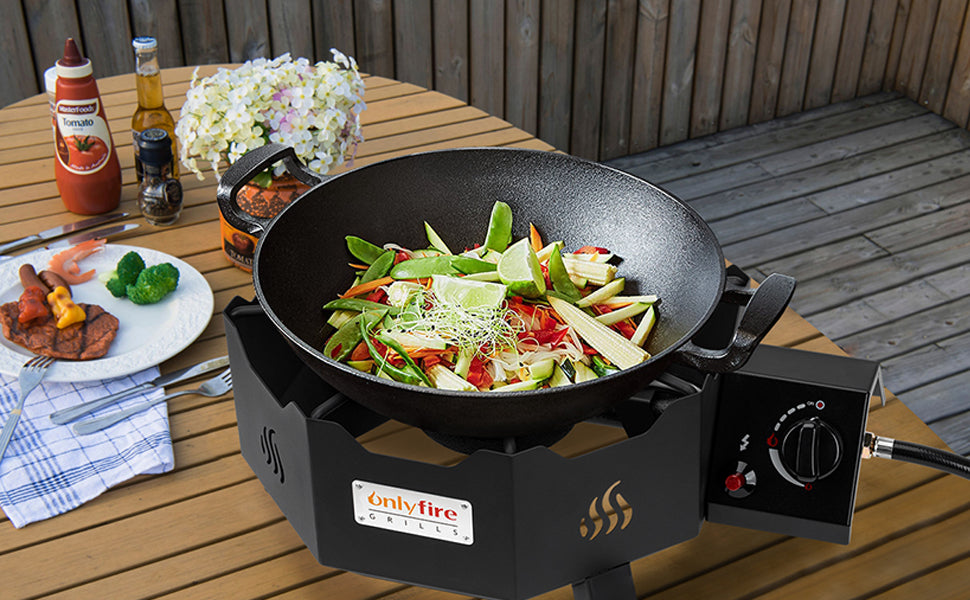
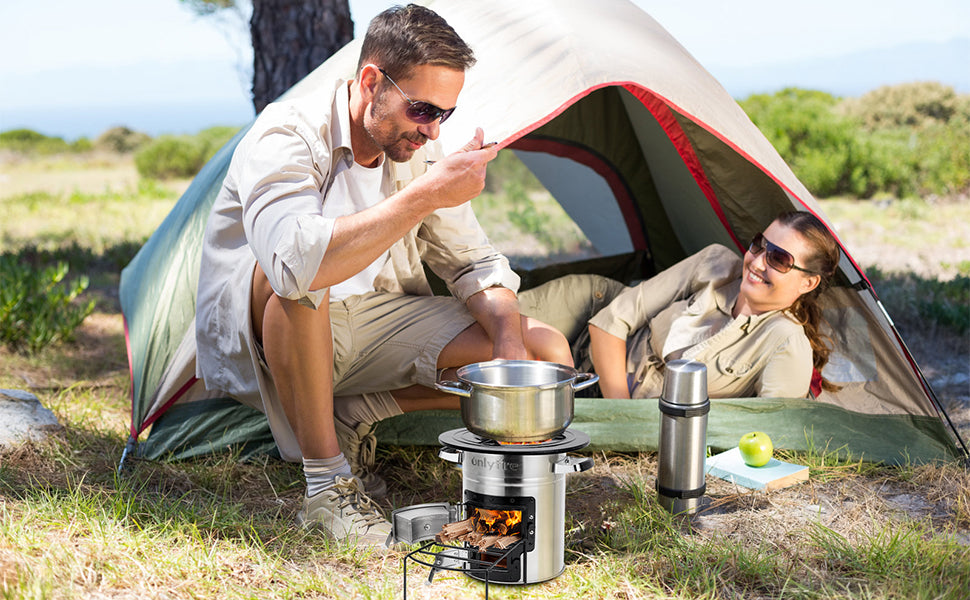
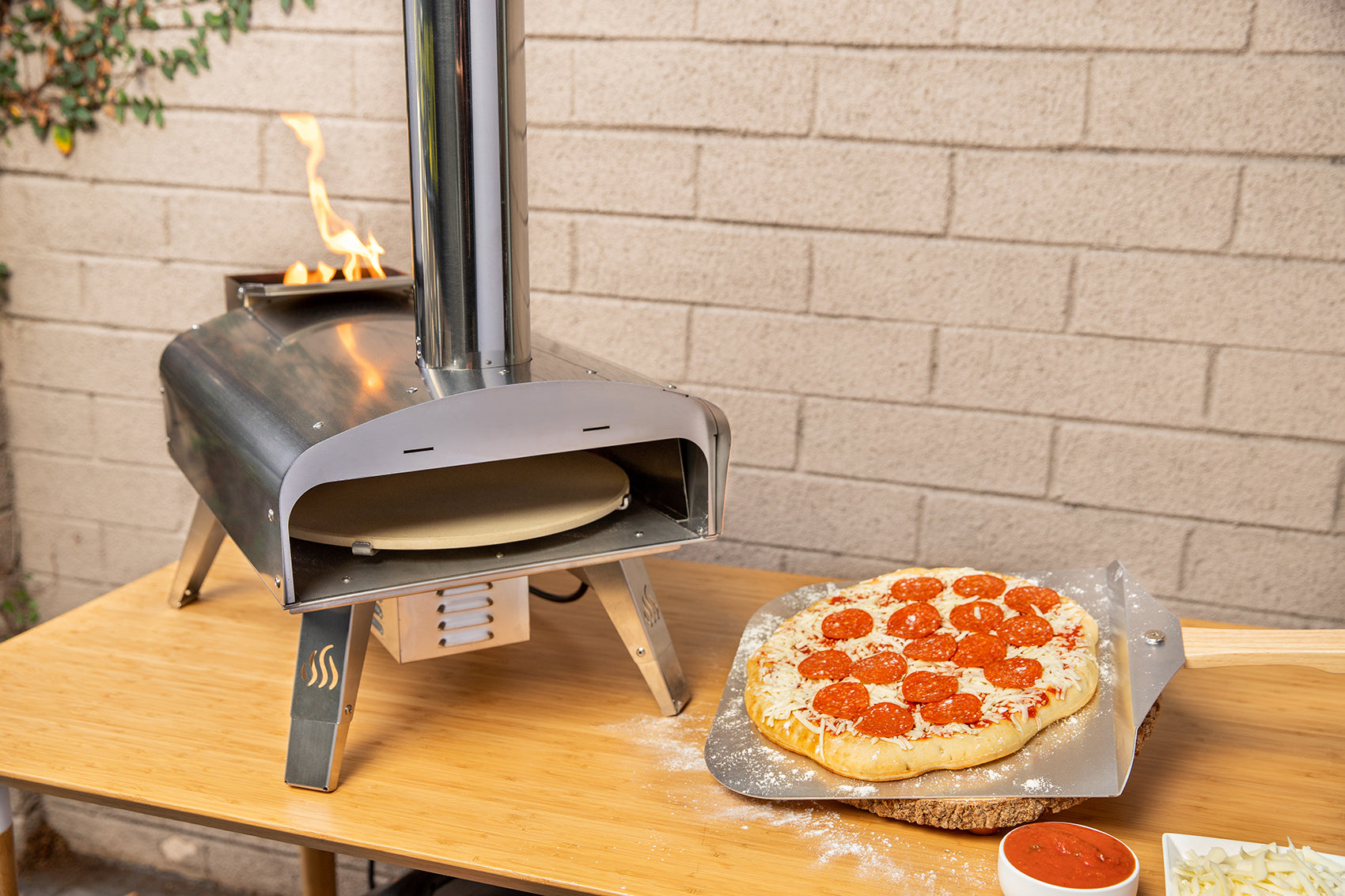
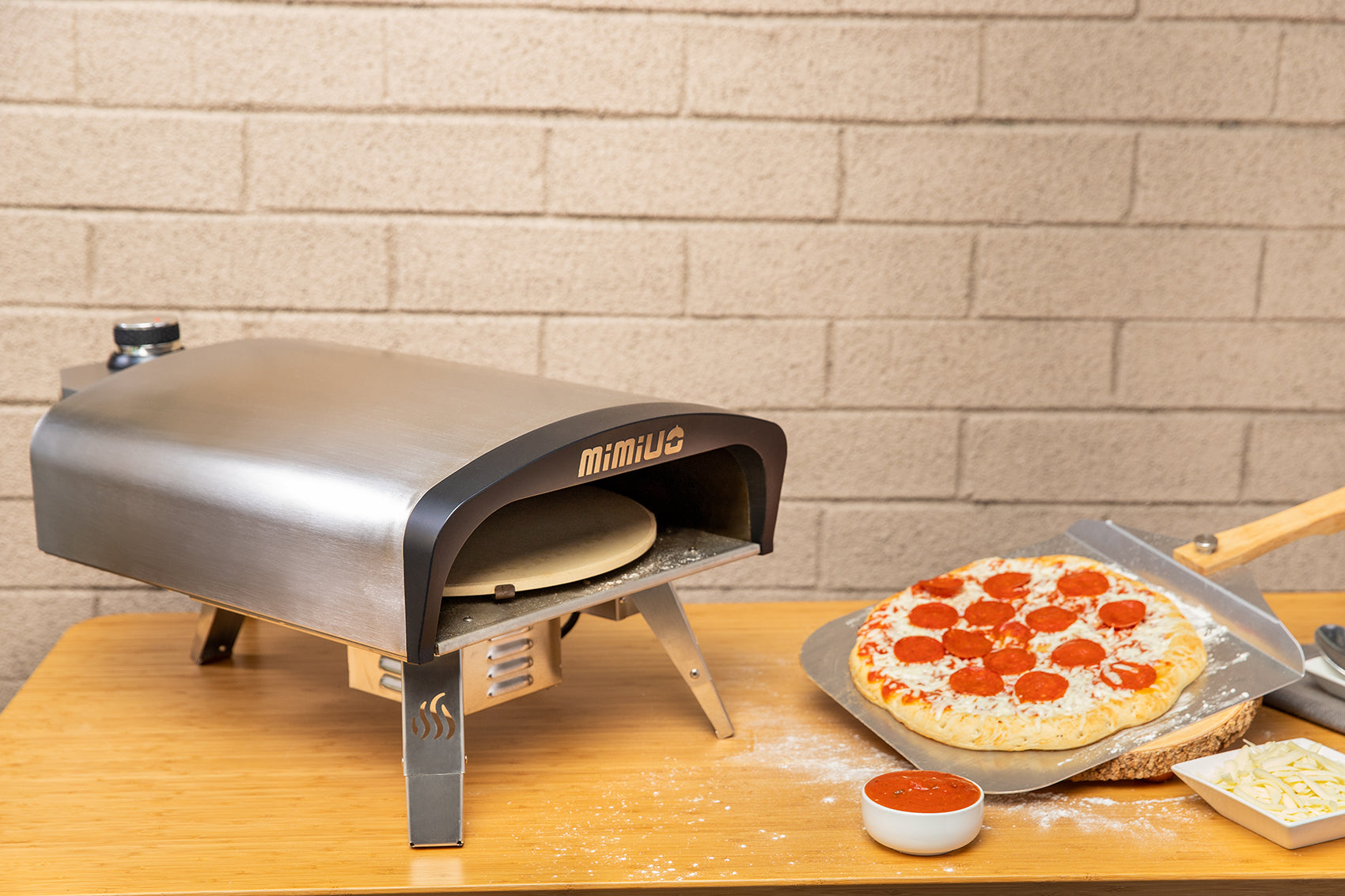
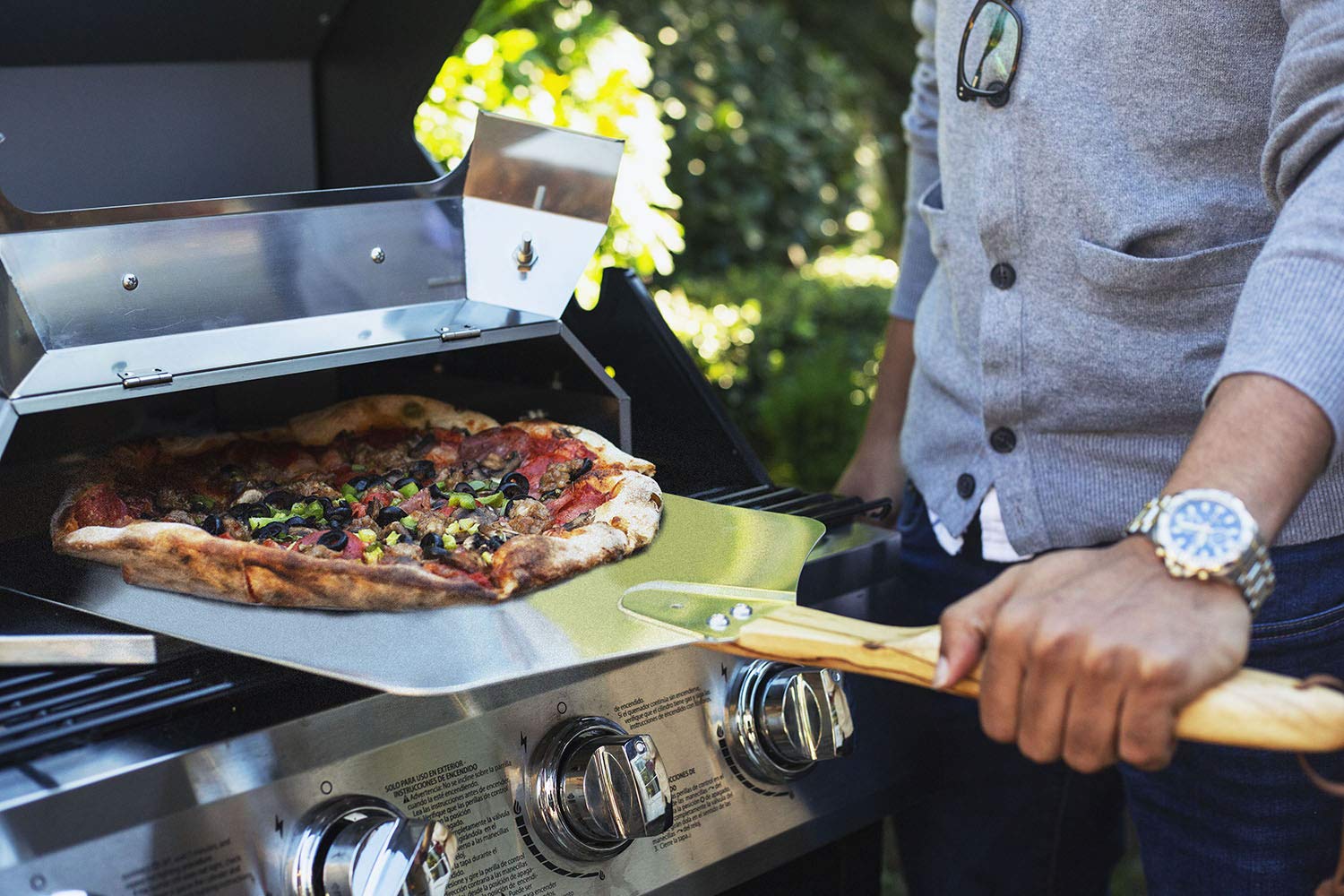
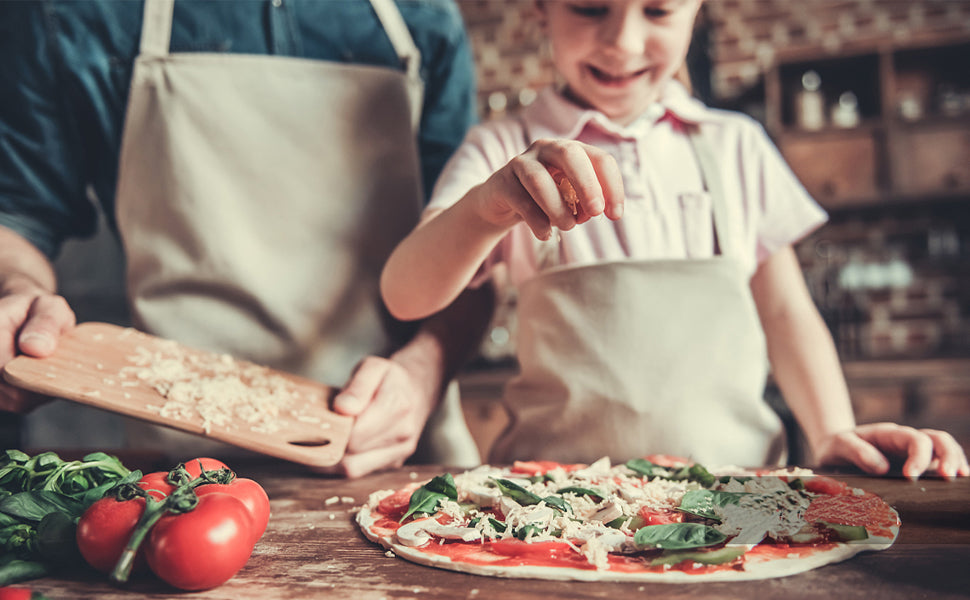
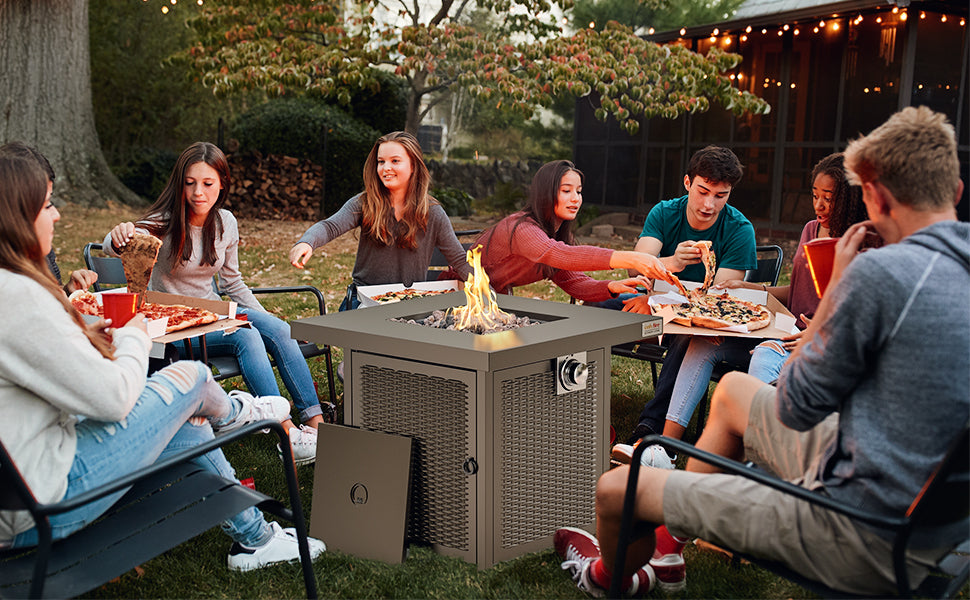
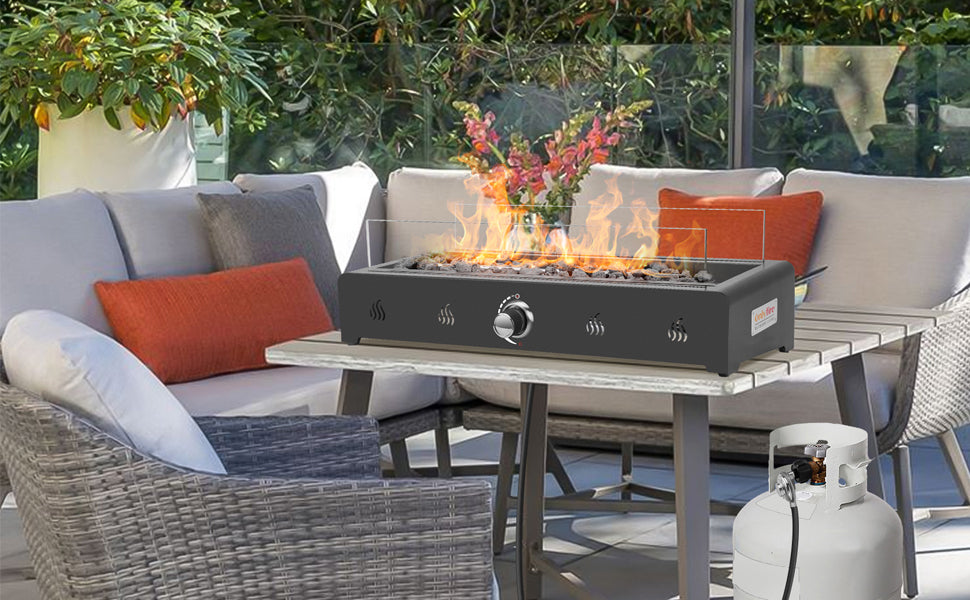
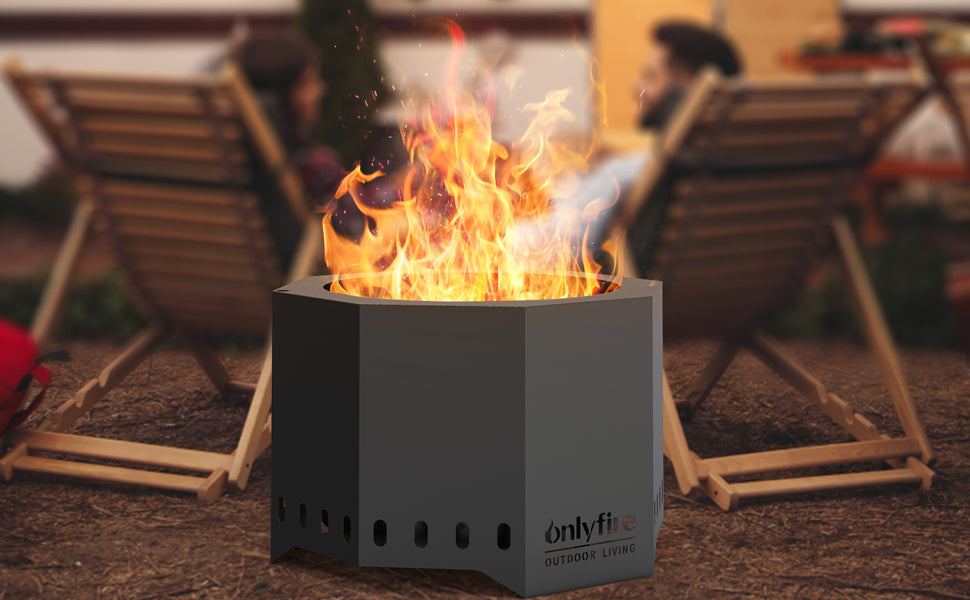
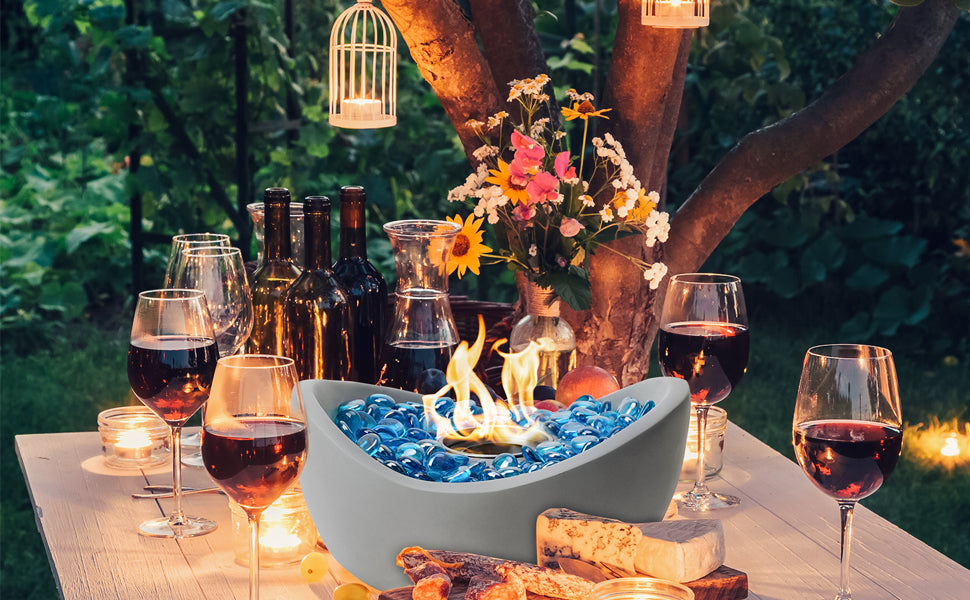
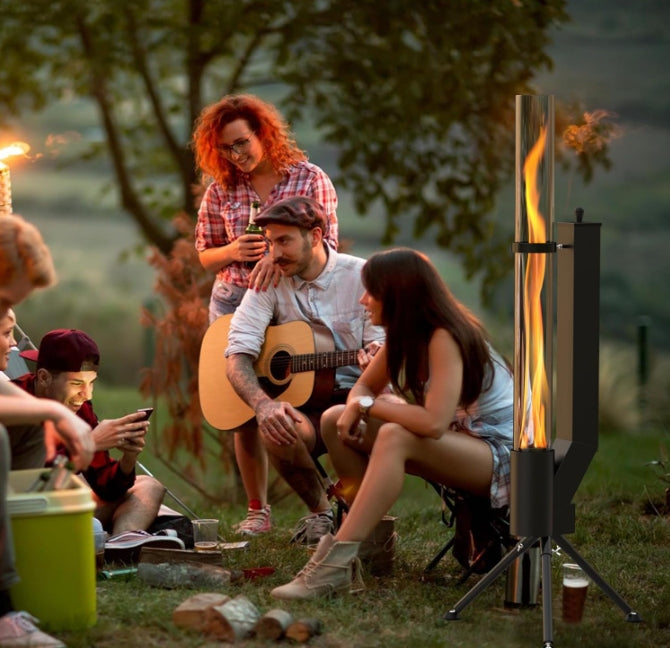
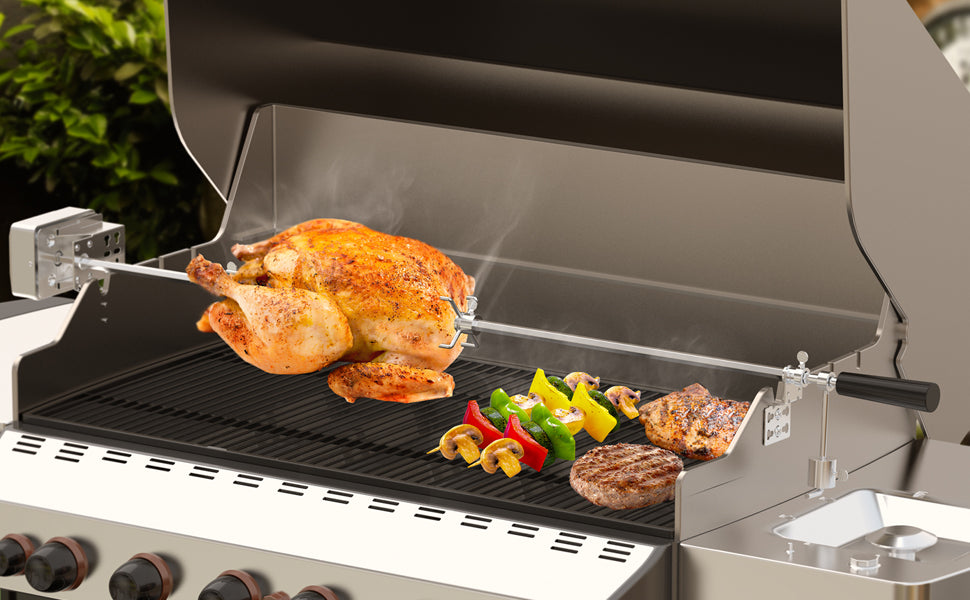
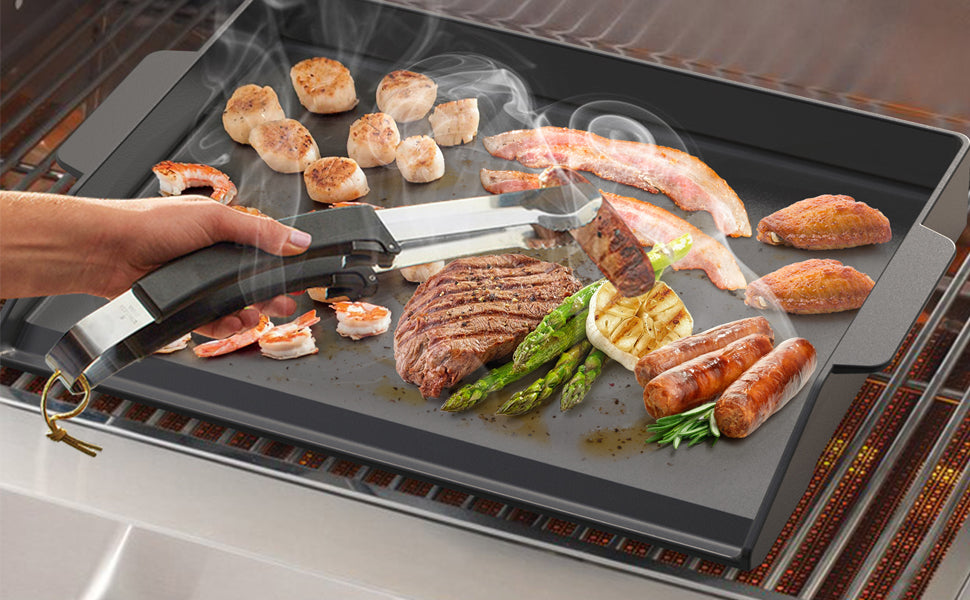
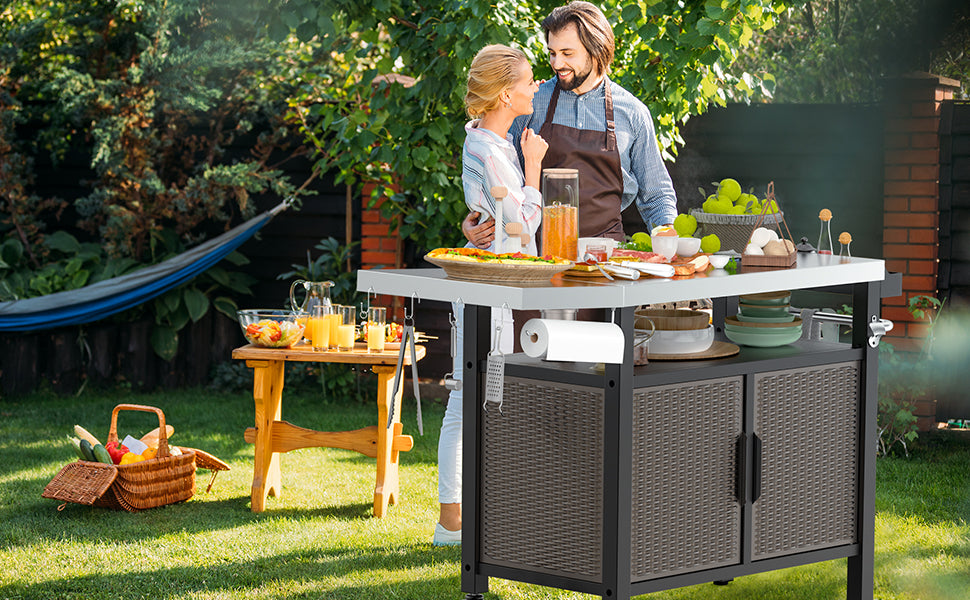
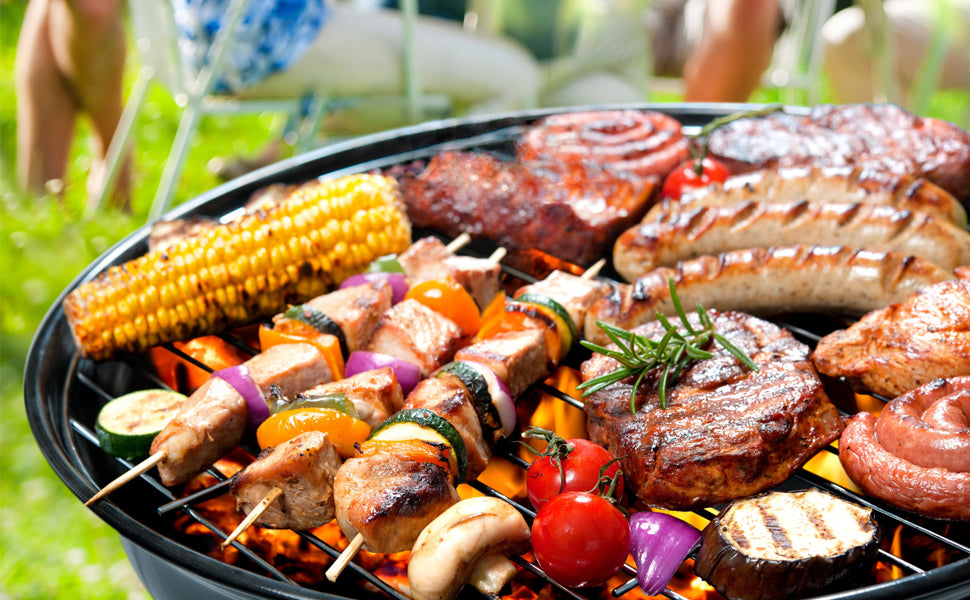
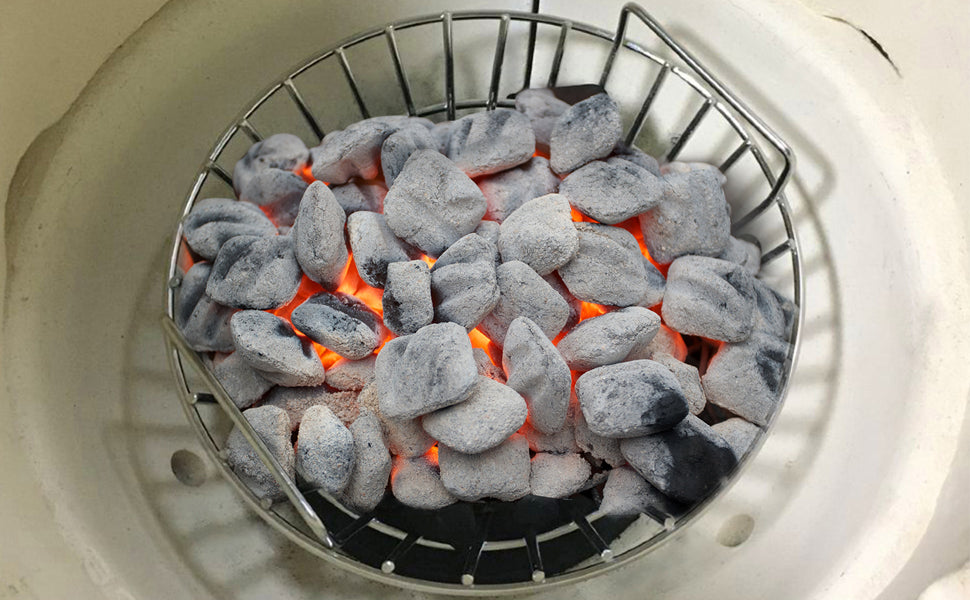
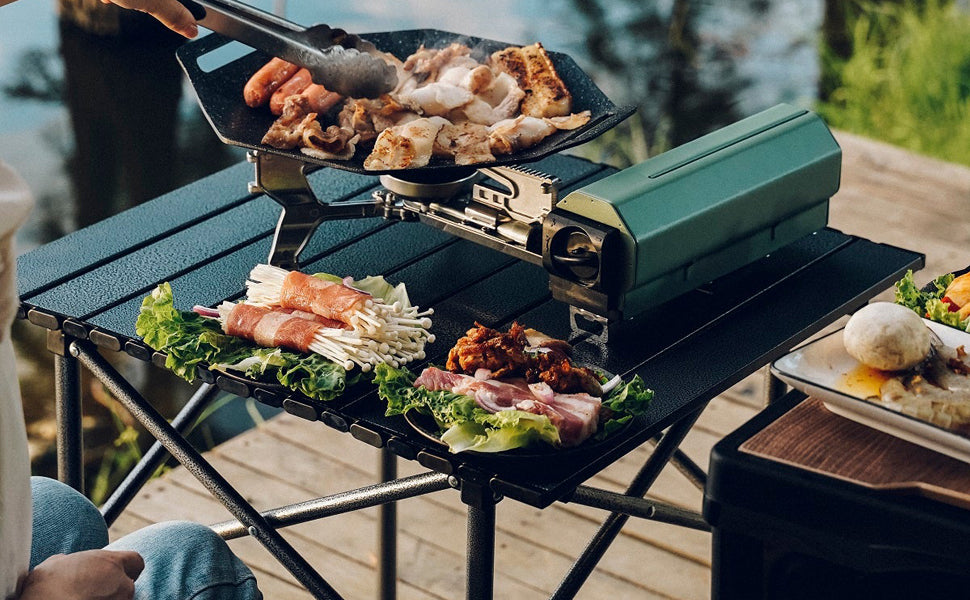
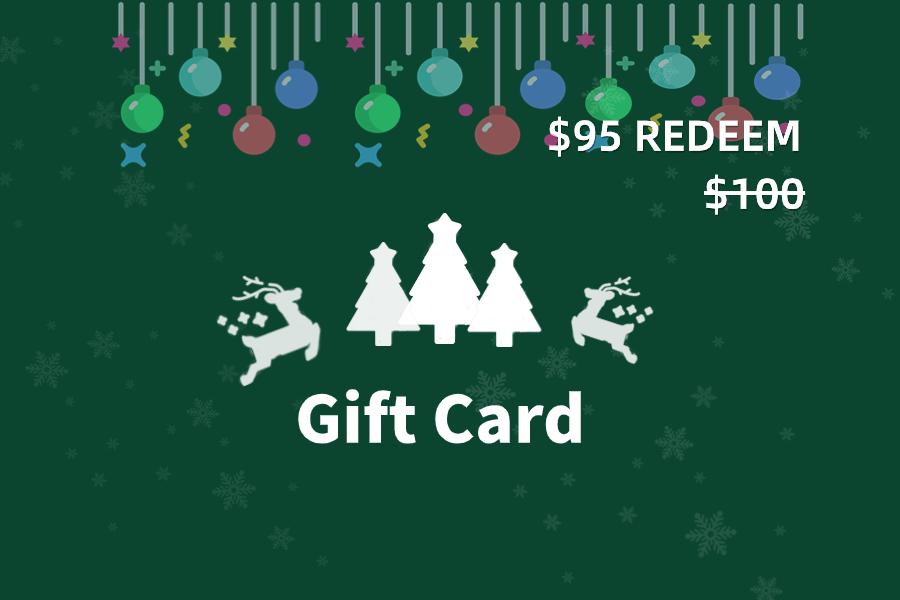
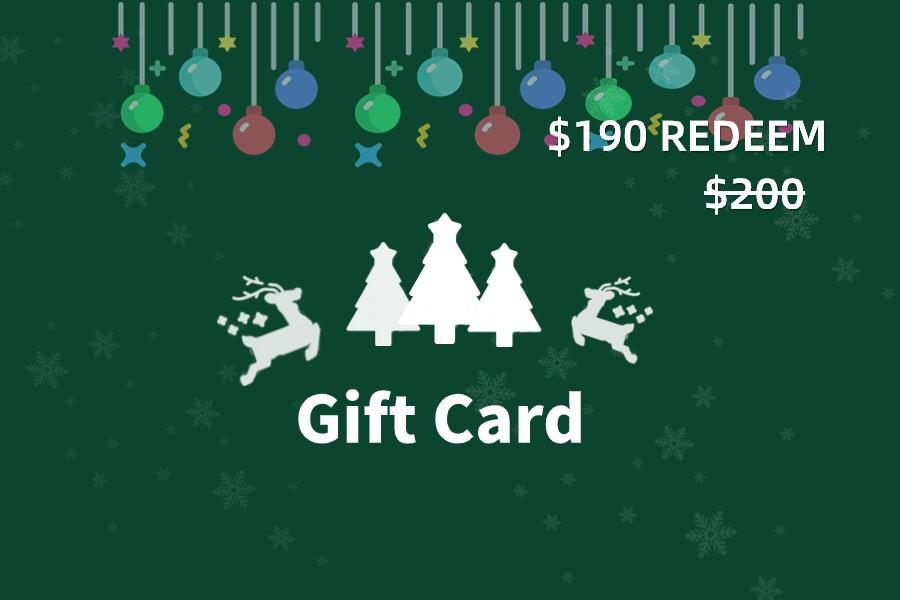
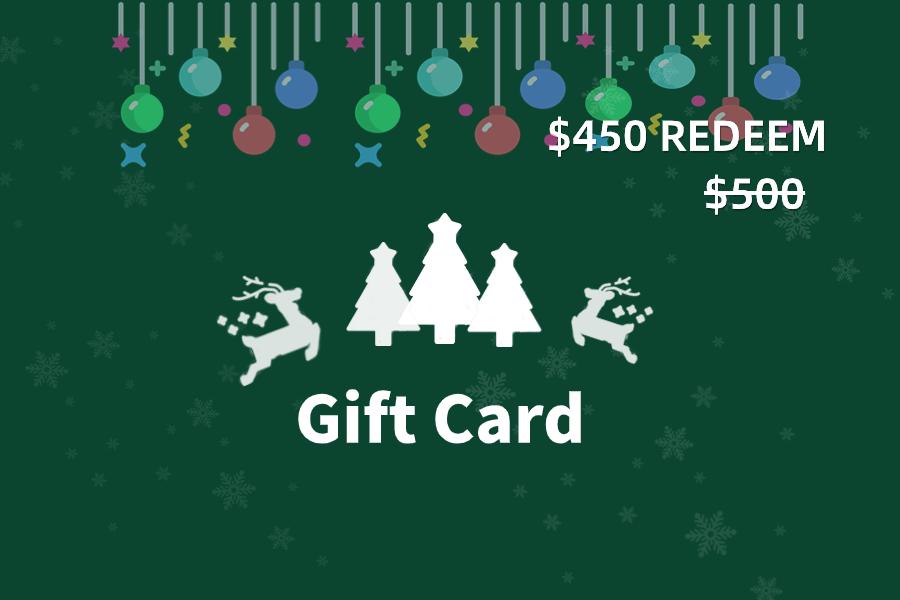
Leave a comment